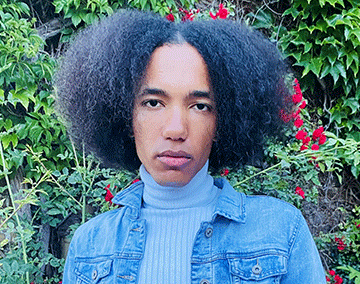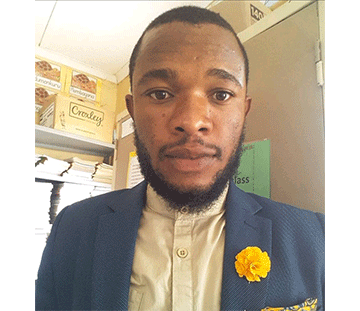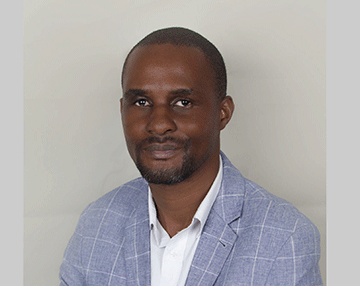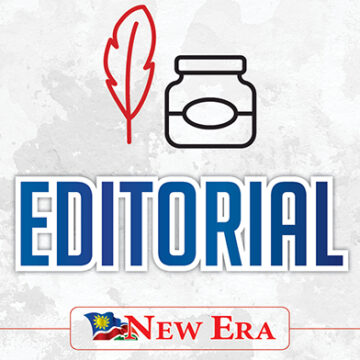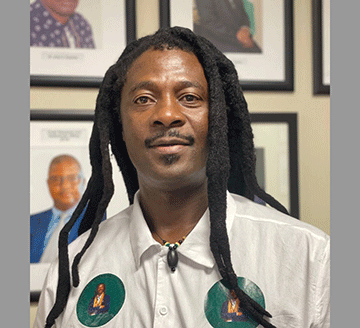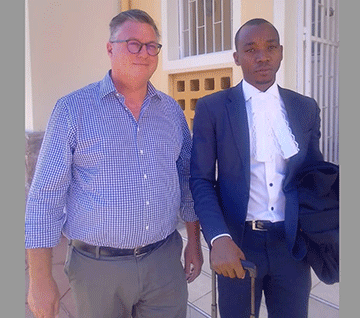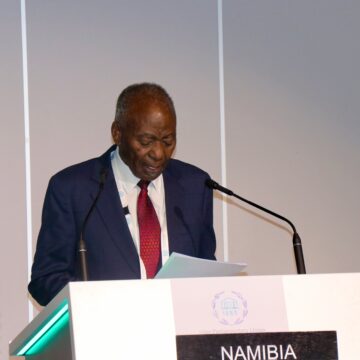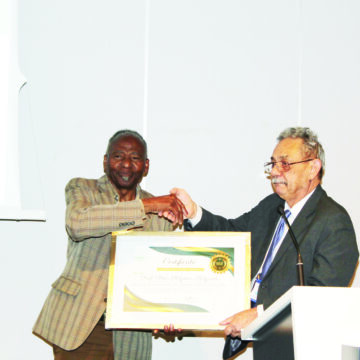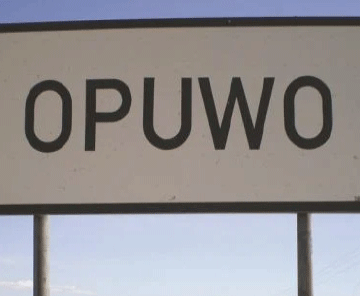In little over a month, Namibians from all walks of life will have the opportunity to participate in the electoral process by expressing who should be our representatives responsible for running the State. The collective decision we make as registered voters, entrusted with the future of an entire nation, should ultimately promote equality and dignity...
Author: Correspondent (Correspondent )
Opinion – Defects in the job market
Once upon a time, Namibia had an abundance of job opportunities. The Grade 10 and 12 certificates were valuable in seeking employment. Once upon a time, schools (principals) went to look for teachers at colleges, even when they were still studying. Once upon a time, nurses in hospitals and clinics were dressed in the same...
Opinion – Urgent need to integrate AI in newsrooms
The latest technology to disrupt newsroom operations is arguably artificial intelligence. Taking the form of generative AI, this technology has allowed machines to literally create, act and process prompts and information like human beings. Because of its ability to do tasks autonomously like human beings, there is deep seated fear that this technology will replace...
Editorial – Namibia’s political ’chameleons’
In July, this publication ran an article titled ‘Amushelelo: Opportunist or Activist?… finds refuge in LPM’. The erstwhile self-proclaimed forex trader-turned-politician, Michael Amushelelo, had just dumped the Namibia Economic Freedom Fighters following their deregistration for non-compliance and joined the Landless People’s Movement. This week, he shocked many and set social media abuzz after failing to...
Know Your Civil Servant – Civil duty: Labour of love, patriotism, commitment
Lahja Nashuuta Not many individuals can claim to have been employed by the same organisation from the outset, and continue to do so. For Hosea Tangi Hosea, working at Sikanduko Combined School in the Kavango East region, which operates under the education ministry, feels like a second home as he has been a part of...
It ended in tears for independent candidates …as Koolike diverts support to AR
Lahja Nashuuta This year’s presidential election will not feature independent presidential candidates. This is after the four individuals who wanted to gun for the highest office in the land solo failed to meet all requirements as prescribed by the Electoral Act. “They made it almost impossible for us to meet what was the legal requirement,...
Boulter’s pre-trial postponed
Iuze Mukube The pre-trial hearing for British millionaire Harvy Boulter has been postponed by the High Court to allow his appeal in the Supreme Court to be finalised. During the hearing yesterday, Windhoek High Court Judge Hosea Angula ordered that the accused’s pre-trial be rolled over to 16 April 2025. This is to make way...
Speaker pleased with SADC regional parliament’s progress
Moses Magadza National Assembly Speaker Peter Katjavivi, has expressed satisfaction on progress towards the transformation of the Southern African Development Community Parliamentary Forum (SADC PF) into a SADC Regional parliament. Katjavivi expressed his joy at the progress made towards setting up the long-awaited SADC parliament when he delivered a short valedictory speech recently at the...
Katjavivi’s last dance
George Sanzila GENEVA – National Assembly Peter Katjavivi has implored parliaments to enact legislation that establish ethical standards for science, technology and innovation. The Speaker made this call in his final speech to hundreds of delegates gathered for the 149thInter-Parliamentary Union (IPU) Assembly in Geneva, Switzerland recently. He was contributing to a debate on the...
Kunene, Omusati TAs clash over land
Uakutura Kambaekua OPUWO – Several traditional authorities (TAs) in Kunene and Omusati regions, and the Kunene Communal Land Board, are at odds over land distribution, lease and sale approvals. The situation has worsened an already strained relationship between the authorities.Last week, the Mumbuu and Tjijeura traditional authorities, as well as the Uukwaluudhi, Tjimuhiva, Otjikaoko TAs,...

